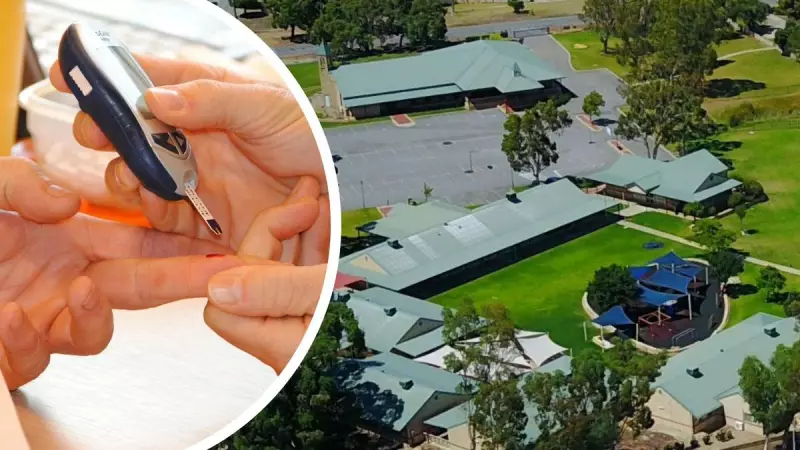
Health authorities have revealed disturbing failures in blood sugar testing procedures at a Perth private school that potentially exposed students to serious blood-borne diseases.
The Western Australian Department of Health has confirmed that multiple students at Byford John Calvin School faced infection risks during blood glucose monitoring activities conducted between February and May this year.
Serious Breaches in Medical Safety Protocols
Investigators discovered that school staff repeatedly used the same finger-prick device across multiple students during diabetes management activities. This critical breach of medical safety standards created the potential for transmission of blood-borne viruses including hepatitis B, hepatitis C, and HIV.
The testing occurred during regular school hours as part of health monitoring activities, raising concerns about the training and supervision of staff involved in medical procedures.
A Department of Health spokesperson confirmed the investigation was triggered after concerns were raised about the school's procedures. The improper practices continued for approximately four months before being identified and halted.
School Response and Parental Notification
School administration has notified parents of the potential exposure and is arranging blood testing for affected students as a precautionary measure. The school serves students from kindergarten through Year 12, though it remains unclear which year levels were involved in the testing.
In a statement to parents, the school acknowledged the protocol breaches and apologized for the distress caused to families. They have implemented immediate changes to their health procedures and staff training programs.
The school has now introduced single-use, disposable lancets for all blood testing and increased supervision of medical procedures conducted on campus.
Ongoing Health Investigation and Implications
The Department of Health continues to investigate how the breaches occurred and why they persisted for several months without detection. Officials are examining whether similar issues exist at other educational institutions conducting medical testing.
Medical experts emphasize that while the transmission risk is low, the consequences of infection are severe enough to warrant comprehensive testing and monitoring of exposed students.
Parents of affected students have been advised to consult with their healthcare providers and monitor for any symptoms that might indicate infection. The school is covering all costs associated with precautionary blood testing for exposed students.
This incident has prompted a broader review of medical procedure training in schools across Western Australia, particularly regarding diabetes management and other health monitoring activities requiring blood testing.





